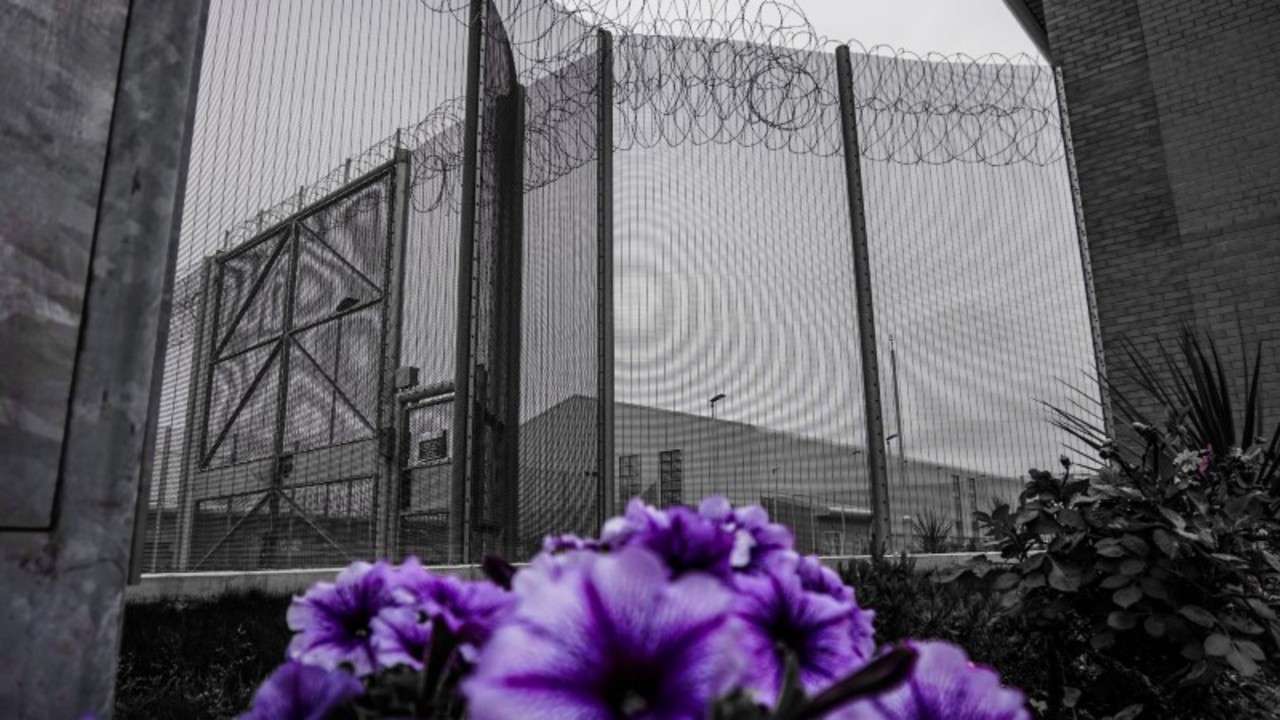The Centre for Prisons Research champions the notion that prisons can potentially be nurturing, therapeutic and healing, rather than harmful and punitive. Yet this may arguably only be achieved when prisons are designed with this philosophy in mind. Members of the Centre are involved in several research projects exploring best practice in the design and opening of new prisons. Ultimately, we seek to answer the question: Can prisons be places that heal?
Project in focus: The Persistence of the Victorian Prison
Professor Yvonne Jewkes of the Centre for Prisons Research is Co-I on the ESRC-funded project “The Persistence of the Victorian Prison: Alteration, Inhabitation, Obsolescence and Affirmative Design”. This £0.8m project is led by Professor Dominique Moran (PI) and Professor Matt Houlbrook (Co-I) of the University of Birmingham, assisted by Eleanor March (Research Fellow).
Project website: https://victorian-prisons.com/
Twenty-two thousand, or over a quarter, of the custodial population of England and Wales currently reside in 32 prisons with Victorian-era accommodation. Media reports describe their continued operation as a ‘scandal’, and frequent calls to ‘tear down the Victorian prisons’ echo a 1922 report claiming that ‘the only reform to which the buildings can be usefully subjected is dynamite’. A century on, despite politicians’ frequent promises to close these outdated ‘relics’, they remain an integral part of the prison estate.
Employing a mixed-method approach (including archival research, oral history, discourse analysis of literary and media sources, interviews and creative methods) this project asks how and with what implications Victorian-era prisons continue to operate despite their apparent obsolescence. It aims to answer five questions about the continued use of these historic prisons:
- How has the fabric of Victorian prison buildings changed over time?
- How do Victorian prisons function today?
- What does it feel like to live and work in Victorian prisons?
- How has the cultural framing of the Victorian prison shaped the collective consciousness?
- What is the fallout of the continued operation of Victorian prisons?
Project in focus: Prison architecture, design and technology and the lived experience of carceral spaces
In 2014, Co-director of the Centre for Prisons Research, Professor Yvonne Jewkes (PI) secured £728,214 funding to conduct research with Prof Dominique Moran (PI) for a project titled ‘”Fear-suffused environments" or potential to rehabilitate? Prison architecture, design and technology and the lived experience of carceral spaces’. The project, conducted between 2014-2017 was a comparative analysis of newly built prisons in England and Wales, Scotland, Norway and Denmark. It sought the views and experiences of a wide range of stakeholders, from those who commission, plan and design prisons and the senior consultants and security personnel who advise them, to prison managers, staff and prisoners.
To find out more about how architecture can influence the potential for rehabilitation, read this article by Yvonne Jewkes and Dominique Moran.
Project in focus: Opening HMP Berwyn
Between 2015 – 2020, Dr Kate Gooch of the Centre for Prisons Research completed research as Principal Investigator on a project exploring the opening of HMP Berwyn, funded by the ESRC Impact Acceleration Account.
In February 2017 HMP Berwyn became the first prison to open with the aim of becoming a ‘rehabilitation prison’. Situated in North Wales, it is the largest prison in the UK, with capacity to accommodate 2,106 men. Every element of opening and operation of HMP Berwyn has been evaluated in light of the strategic aim of becoming a rehabilitative prison, underpinned by the ‘principle of normality’ and an emphasis on ‘making big feel small’. This unique empirical study of HMP Berwyn considered the challenges, opportunities and complexities in designing, building, opening and operating a new, large and rehabilitative prison. It found that while the importance of rehabilitation is inarguable, the idea of a ‘rehabilitative prison’ is highly contested.
Project in focus: Designing “healthy” prisons for women
In 2017 Yvonne Jewkes (PI) secured funding of £6,000 from the Foundation for the Sociology of Health & Illness (SHI) to undertake research on ‘Designing “healthy” prisons for women: incorporating trauma-informed care and practice (TICP) into prison planning and design’ (with Co-Is Prof Gillian Bendelow, University of Brighton, Dr Serena Wright, Royal Holloway University and Dr Melanie Jordan, University of Nottingham).
The project, conducted in England and Wales, Scotland, Ireland and Northern Ireland, explored the positive values that can be designed into custodial facilities for women. It found that, in women’s prisons in England and Wales, officers and other staff have been trained to speak a trauma-sensitive language, and in some establishments, to engage in trauma-informed practice, but that these good intentions are frequently undermined or sabotaged by the parlous state of the buildings in which they are practiced.
To find out more about the impact of architecture and design on trauma-informed practice, read this article by Yvonne Jewkes and others.
Project in focus: Prisoner Health in Healthy Prisons: Punishment, Marginalisation, and Access to Welfare (PRISONHEALTH)
Yvonne Jewkes is Co-Investigator on a £2m project funded by the Norwegian Research Council with a team from the University of Oslo led by PI Professor Thomas Ugelvik. The aim of the PRISONHEALTH project is to provide new and groundbreaking knowledge about the effects of high-quality in-prison healthcare services in Norway and explore the potential of ‘healthy prisons’. It is a multidisciplinary study that brings together scholars from medicine, sociology, criminology and law. Project website: https://www.jus.uio.no/ikrs/english/research/projects/prisonhealth/.
